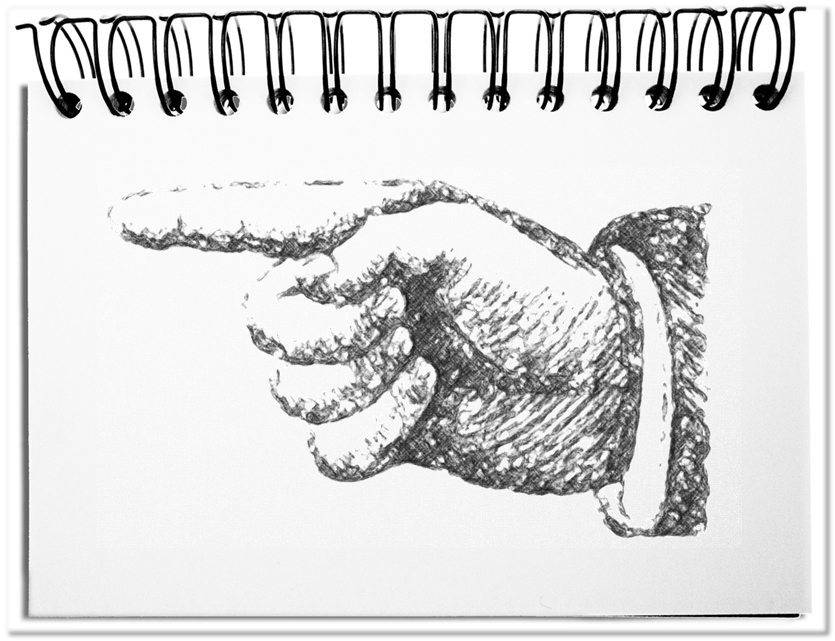Today’s share of public relations in goods and services is growing steadily. In the past, the results have been the center of interest. Now they are secondary, as the offers differ minimally and the appropriate presentation can show subsequently any unsatisfactory result as a success. Rattling is part of the biz. However, an increasing number of people in charge are optimizing themselves so that they limit their actions to rattling. And rattling now includes additionally lying: “Nobody has the intention to build a wall” (Walter Ulbricht 15.06.1961). In everyday life, the corresponding leaders are recognizable by a full calendar. They fill it from early in the morning until late in the evening without gaps with several simultaneous appointments. Above all, these people have polished rhetoric and a confident manner – the chassis is suitable.
We can observe these show makers every day in talk shows and news – one who masters this is the Bavarian still Prime Minister Söder. Let’s take a look at some tricks.
- Self-praise does not stink
Self-praise used to have the dirty aura of being immodest. Although everyone thinks nowadays they’re in kind of casting show, that due to too many shows, there’s no time for work, and modesty is increasingly disappearing, many people have a hard time praising themselves. “I would give myself an A+, is that enough? Can I go any higher?” Donald Trump. Contrary to this decline in values, we should all reconsider whether self-praise does not stink. - The reversed accusation
It is inevitable for those responsible to make the one or other choice which, if it does not produce the required effects, will be used against them by their opponents. The lost fault tolerance casts a strong shadow on the own image. They counteract this damage to the own reputation by turning the relevant accusations around and blaming others. “The Green party has again become a pure party of prohibition.” Markus Söder. Clumsily, this approach works because it is hard to recognize and often goes unnoticed by the audience. - Seem concerned
An adapted body language underlines one’s statements. The people in charge present themselves calmly, concerned, compassionated, or let the shoulders sag. A large part of the presentation is composed of intonation and (un)moving images that unconsciously impress the audience. An example of an affected body language is the Berlin mayor Michael Müller. A coherent presentation is essential. We should not forget that we can not not communicate. - Tsunamize
Everyone without exception uses (un)intentionally today to flood the audience with numbers, data, and facts. This tsunamizing leads to the target group closing up. By comprehensively explaining the corona crisis, weak countermeasures are overseen. The eight seconds to decide whether to continue following the content can be used in different ways. Some pack their core message into those first few seconds. Others speak slowly and without meaning, waiting for the shutdown of the public before speaking uncomfortable truths. Seven-plus-minus-two aspects of ONE message is our innate limit to understand when processing.
Bottom line: Today’s loss of values leads to an unrestrained culture of self-promotion. It is accepted to adulate oneself. Justified accusations are imputed to others, points are scored by appearing to be affected, and the public is flooded with figures, data, and facts. Politics thus loses its credibility and drives voters into the arms of simplistic populists. In everyday professional life, performance is decreasing as employees take their leaders as role models. We can start to get real now. Or we can wait for this house of cards to collapse when the lack of results brings everyone to their knees. The body without the chassis, engine, wheels, and interior is not a car.


